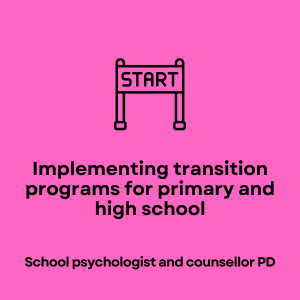Legal requirements and duty of care in schools – supporting students experiencing self harm or suicidal thoughts
Understand the legal requirements and duty of care responsibilities for school staff when supporting students experiencing self harm and suicidal thoughts










































